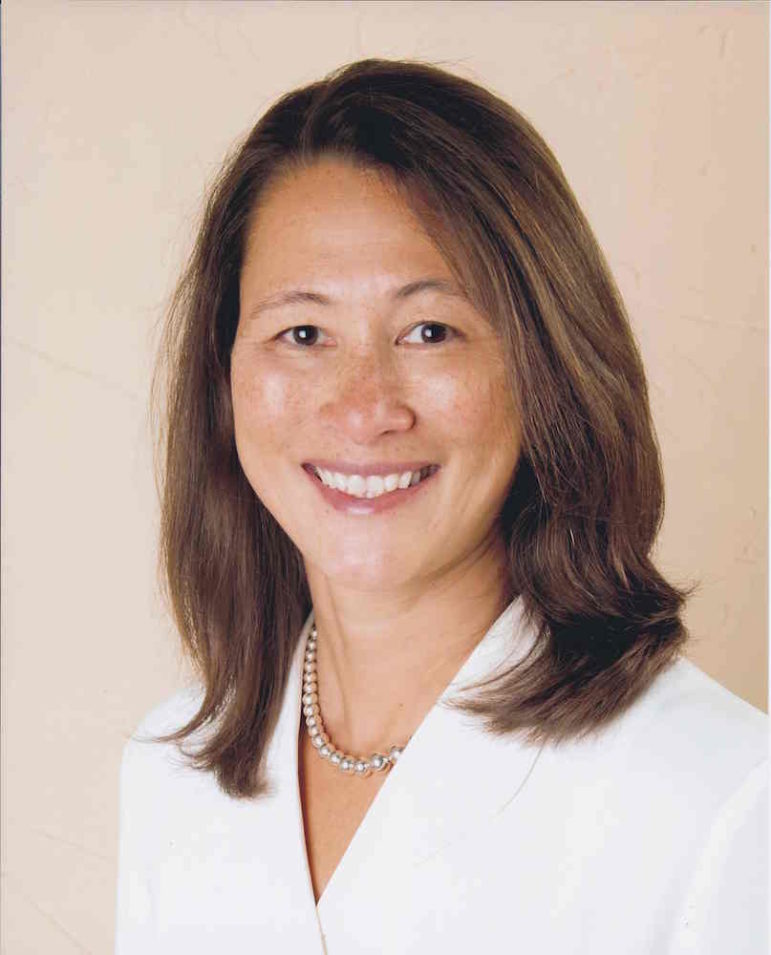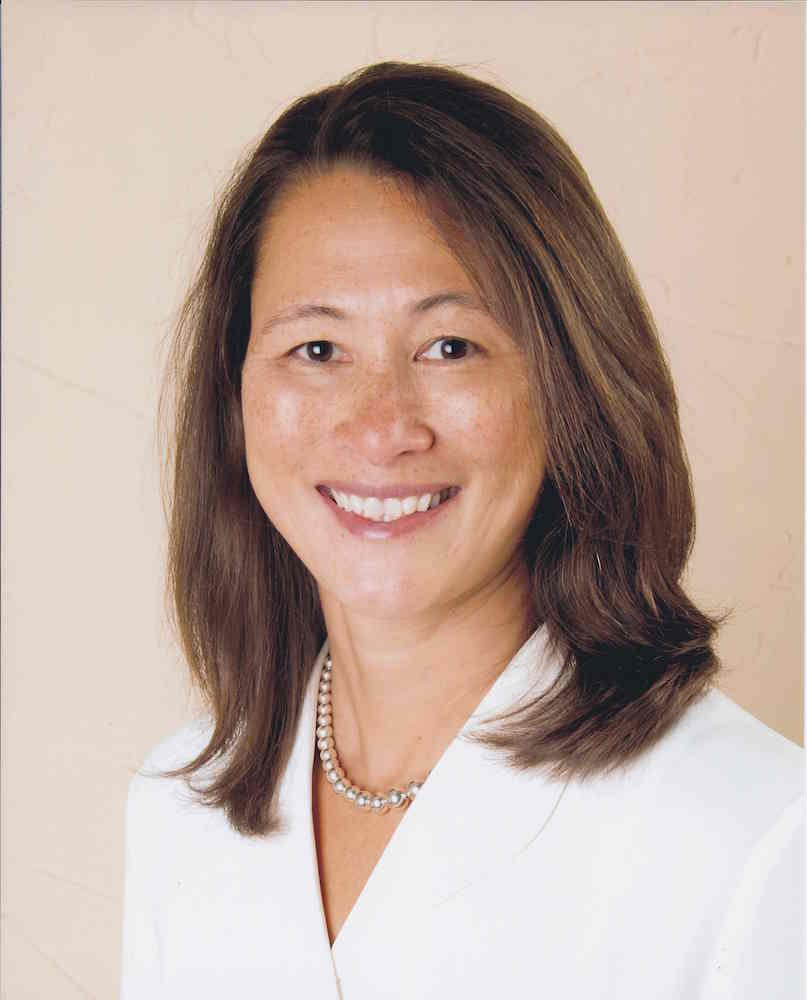
School Committee member Liz Yusem is running for re-election.
The candidates for School Committee each received the same six questions from the Watertown News about some issues facing the Watertown Schools and themselves. Here are the responses for Liz Yusem:
1) Tell us about yourself and why you are running for School Committee.
I am seeking re-election to the school committee so that I may continue to serve the community and the children of this town as their advocate selected by vote. This is a very important role in our community as the governing body that serves the children of this town with one of their essential needs, education. As a contributing member of the board, I am a very good collaborative team player and have been able to advance the vision of the community through careful consideration and advice that I have lent the board and administration to support the district’s educational goals. My main strength are my own core values that place a high value on education as a means to a better life. Throughout my life, I have push myself in areas that I am not comfortable and try to learn as much as possible. School Committee has been an area of which I have had tremendous growth as intellectually and as a person. I am tenacious, curious, and understand the work involved in making positive change. I have pursued this in my professional life as an architect and believe that many of the fundamental tenets of my profession are directly translatable to the pursuit and attainment of high quality education for the Watertown Public Schools. It is the fabric of the community which makes it possible to have a successful town and school district and we must always be mindful of both in order to serve the children’s educational needs at the highest level.
2) What is the biggest issue facing the Watertown Public Schools?
The biggest issue facing the Watertown Public Schools is perception. I have had a lot of time to think about this issue over the past four years and there is a lot to be said on this topic. There are a few areas in which this idea of perception is most apparent. Number one is the high school. We are amidst a major transition in the community with lots of development both in the built urban environment and in our local economy. We are a small city next to one of the most active innovation city hubs in the country, Cambridge, and more specifically, Kendall Square at MIT. There is more venture capital money looking for talented visionary entrepreneurs than I have ever seen—it is like you can feel the buzz of growth in the air. We, Watertown, are basically living on the edge of one of the most exciting rapidly developing growth periods that will drive the US economy forward. Jobs of the future are being created right next door. It is truly an exciting time to be living in Watertown as we too see that same overflow of growth and prosperity happening here too. I feel like it is important that our students know that we are working so that they are going to be active participants in that economy whatever job or academic pursuit they pursue. A change is needed in the common mindset that the high school is deficient. It isn’t deficient- it needs work as all academic institutions do to evolve and improve. There are many great opportunities and advantages that are offered to the students as a small high school but how we deliver the education moving forward is dependent upon we as a community staying engaged and helping to define what we want the high school to be and to work with the superintendent to promote the changes we need to achieve the vision of the high school that we imagine it should be now and in the future.
3) What can the Watertown Public Schools do to take the district to the next level, and become a top district?
To take the district to the next level in terms of delivering a premiere high quality competitive education to students, will take lots of planning and work. One of the primary efforts will be the work that the superintendent is doing in terms of information gathering and analysis of that data. Careful analysis of this data will hopefully yield valuable information about the community and its core values. Understanding the community’s fabric and its educational expectations will yield a good understanding of how to drive change in a meaningful and impactful way — when this is understood, it will take a combination of things to move us forward. Supporting the teachers and the students is paramount to moving Watertown to a top district. We support the teachers with well planned and well funded good professional development opportunities and in turn our students are better supported.
4) What existing program in the Watertown Schools would you like to see improved or expanded? Is there a program you have seen in other districts you would like to see in Watertown?
The program which I would like to see expanded is the district’s ability to make cross partnerships and relationships. I see this as a natural extension of the real world. Given that a small school cannot do everything and provide every program that larger schools offer by means of scale, it doesn’t mean that we cannot provide meaningful opportunities in a resourceful way. The Virtual High School, VHS, is one program that I find particularly interesting and I have learned more about it this year as it has been better promoted and was presented at the last school committee meeting. The principles of this type of learning environment are very exciting and I would like to see more attempts at other types of academic
affiliations with surrounding institutions where feasible. There are also innovation labs popping up in many different business models and academic institutions — I find these interesting because their success is often dependent upon it running as another type of business within a business or school within a school with lots of volunteerism and drawing on the expertise of others to achieve a goal. I see these innovation labs as another type of educational/work model that has emerged and has already translated into the job market with the demand for business models to adapt to iterative processes and I think it all stems from the need to form meaningful partnerships in education to advance society to a higher level.
5) The district has made improving communication with parents and residents a priority. How can this be accomplished?
Communication by reaching outward and inward and finding the right balance of weighing the communities expectations with what the superintendent determines as the best route to achieve these goals. We need to map out where we have communication hubs and communication gaps. If we can characterize these areas graphically in the future, I think that would be of great benefit to the community to help understand where we can improve communication. Also, getting ahead of the issues by sharing information in depth and promptly as it becomes available has been very helpful. There have already been good examples of the superintendent briefing the public with information concerning issues that are of great importance accompanied by accurate descriptions of documents and their contents to maintain the confidence of the public.
6) What can the district do to attract and keep quality teachers and staff?
Part of the district’s marketing campaign will need to address the district as a district making progress in promoting systematic positive change. Teachers applying for jobs in the district need to also know that they are applying for a competitive job in a district that places a high value on education and the community takes pride in their schools and this is a district with high expectations. I think one of the most important things that will attract and retain talented teachers is letting them understand that this is a district that also values creativity in the classroom and that we want teachers to be excited about being with other top professionals that share their passion for teaching. I have come across so many gifted teachers over the years and have learned a lot about patience, kindness, and listening from them. However, if as a district the functionality of the organization is not working, you can feel it immediately and teachers and parents that are engaged know when something isn’t working so it is our job as a school committee to make sure that we promote an environment that supports the high expectations of the district by supporting the superintendent while meeting the needs of the community.
